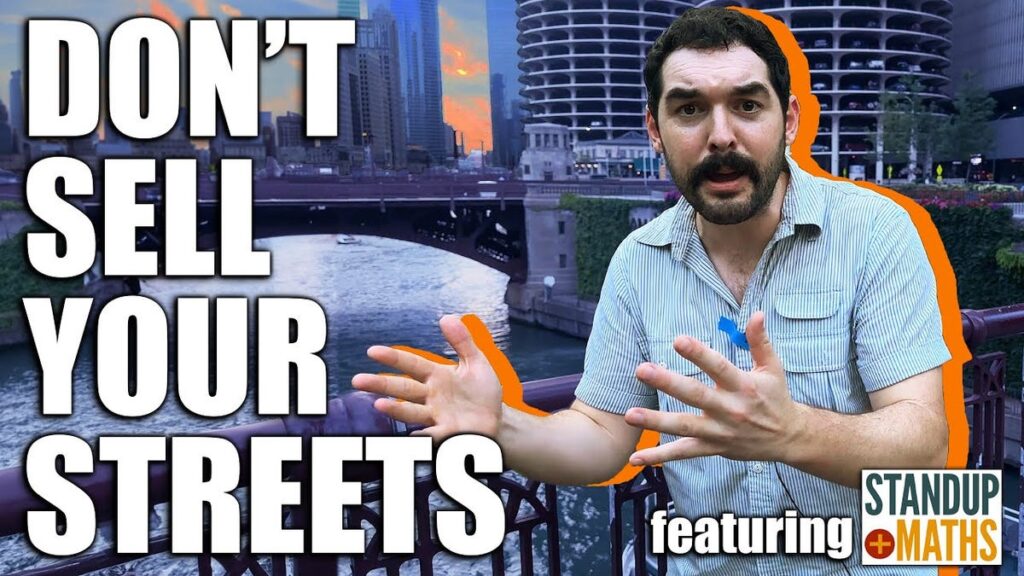Chicago Selling Its Parking Meters To Morgan Stanley Has Been A Disaster For The City

Screenshot: Climate Town
Despite what your crackpot uncle who thinks Fox News is too liberal will tell you, you won’t actually get shot the moment you step foot in Chicago. It has some rough areas, sure, but overall, it can be a great city to live in if you can handle the weather. Chicago is also one of the most affordable cities in the U.S. that has a somewhat functional public transportation system. It could definitely be better, but there’s one massive obstacle that continues to hold the city back — its parking meters.
The Automotive Mistake That Ruins the Movie ‘Halloween’
As our friends at Climate Town explain in-depth in a recent video, Chicago doesn’t actually have any control over its parking meters. Why? Because back in 2008, the city sold control of those parking meters and parking spaces for the next 75 years to Morgan Stanley and a bundle of private investors, including Abu Dhabi, for $1.6 billion dollars. Like a lot of cities at the time, Chicago was short on cash, and forming a public-private partnership sounded like a great way to get that cash without raising taxes.
The deal was rushed through, the money was transferred, and oh, wouldn’t you know, it ended up being a disaster for the city. Not only did Morgan Stanley jack up the hourly rate on all 36,000 parking meters, but it also requires the city to compensate it for lost revenue any time something such as a parade or road construction temporarily prevents access to a parking meter. Want to put in a new bus stop? Well, if that requires removing parking spaces and their accompanying meters, Chicago has to keep paying Morgan Stanley like those parking meters are still there. As you can imagine, this makes improving the bus network incredibly expensive and difficult.
At least the city got a great deal on that 75-year lease, though, right? Shockingly, the answer is no. As it turns out, Morgan Stanley actually paid billions less than the deal was worth, and the contract doesn’t expire until 2084, which means most of us will be dead by the time it’s up. Oh, and it’s actually even worse than we’ve already explained, but to get the full picture, you’ll have to watch the video below:
Chicago Doesn’t Own Its Own Streets | Climate Town




